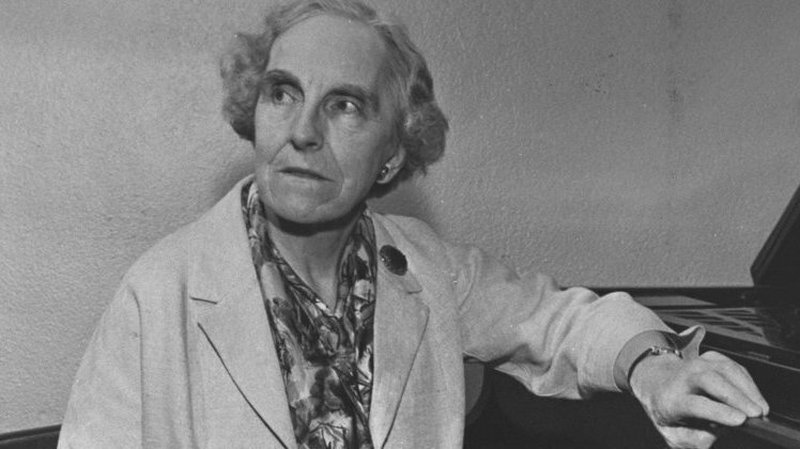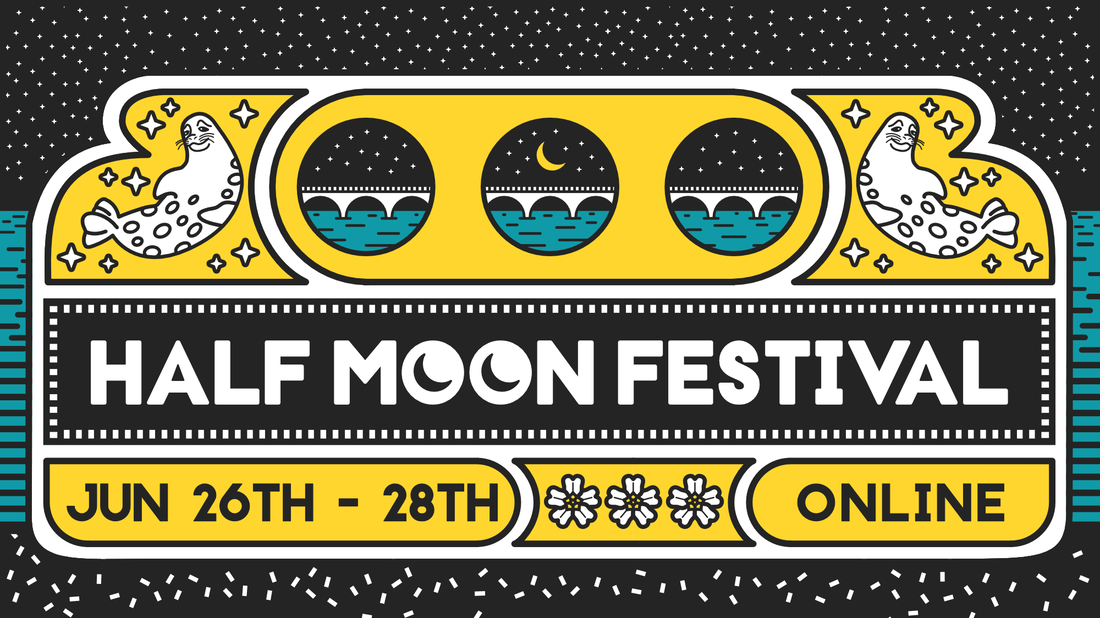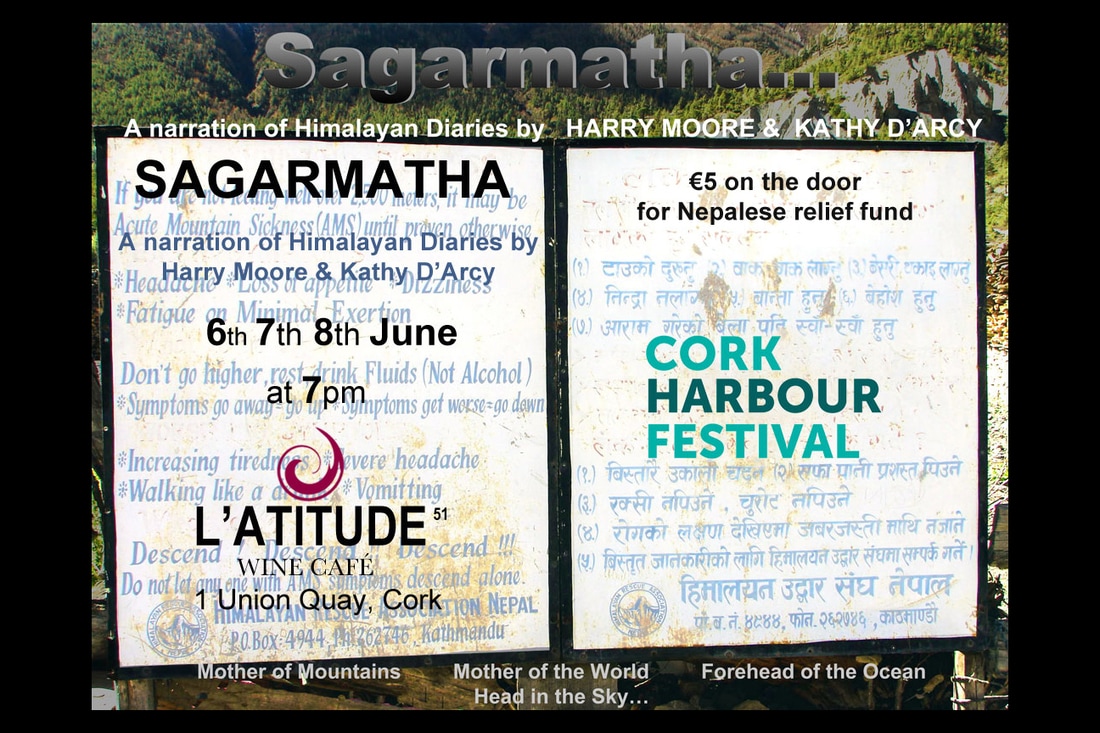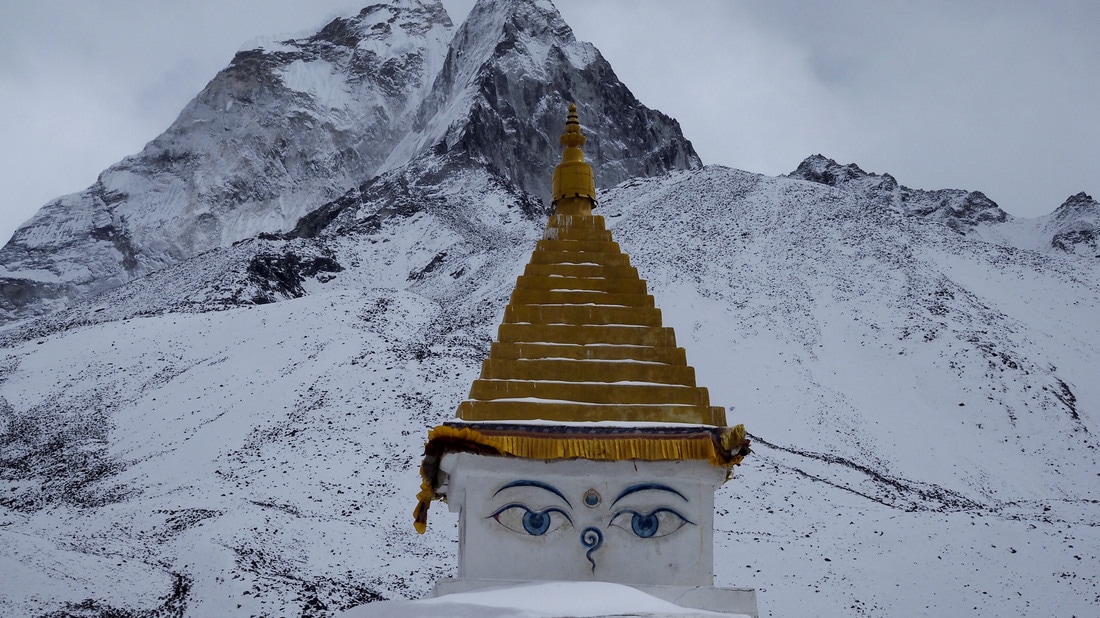|
As part of the wonderful Ports, Past and Present project, which looks at ways to open up and engage with port towns in the UK and Ireland, I'm working to create a kind of story-walk around the town of Pembroke Dock. I'm inviting anyone living in the town to get in touch with me to share their Pembroke Dock stories and maybe do some creative writing of their own! Further information on this project and all the amazing PPP initatives here.
0 Comments
In January 2020 a group of us set up Wake Up Irish Poetry, a movement to challenge sexual and other abuses in Irish poetry. You can see our open letter, which has been signed by over 300 arts workers and allies, on our website, and read more in the Irish Times.
During our work over the last year we've encountered so many groups of volunteers in other sectors in the Irish arts who are experiencing and fighting the very same abuses. A few months ago several of these groups came together to form Safe Arts of Ireland: an umbrella group made up of women and marginalised genders fighting together to challenge sexual and other abuses in the Irish arts. Follow @SafeArtsIreland on Twitter and get in touch if you want to get involved. We'll be sharing performances by some of our members tonight, International Women's Day March 8th 2021 - to attend, email [email protected]. We won't be stopping until the Irish arts is safe for everyone. My article 'Why Uncomplicated Recovery isn't Enough: Rhoda Coghill, her Letters, and the Fired! Movement' in The Honest Ulsterman journal (see below posts) is now also available at the RASCAL archive of Fired! - along with an absolute treasure trove of material on forgotten women in Irish poetry. This is an archive of inestimable importance for everyone seeking to address inequalities and imbalances in the canon of Irish literature.
In this interview from June 2020 I explore many of my ideas around 'Cell', #wakeupirishpoetry, and the ongoing work of challenging inadequate standards and protections for workers in the arts in Ireland.
The open letter calling for acceptable standards of ethics and governance in the Irish arts sector is still available at wakeupirishpoetry.ie - please visit the site and add your name. We have so much work still to do. Watch 'Cell' at the Half Moon Festival here - and see below for details about this online, collaborative multimedia project.
I have a new piece in the Honest Ulsterman journal from today, discussing the ongoing issue of inequalities and power imbalances in Irish poetry publishing - as well as looking at some of the letters of the beautiful, forgotten Irish poet and composer Rhoda Coghill, who seemed to know during her lifetime that she would be erased from the history of Irish literature. Writing this was painful but necessary. Read it online here.
At the end of last year I received my doctorate in Creative Writing in UCC - thanks to the generous support of the Irish Research Council :)
My thesis takes the form of a long experimental sequence reimagining Irish mythohistory with the silenced and erased voices of women to the fore at last. 'Cell,' a kind of climax within the piece, will be presented as a new multimedia piece in collaboration with visual artist Emer Kiely and musician and sound producer Gadget and the Cloud. Please take a look and a listen from June 27th at the link below, and check out the rest of this great new festival! Festival website: https://www.halfmoonfest.com/ Cell event: https://www.halfmoonfest.com/events/cell Facebook event: https://www.facebook.com/events/653893295163783/ Sagarmatha at L’Atitude 51°, 1 Union Quay, Cork 7pm on 6th 7th and 8th June 2017.
Sagarmatha, also known as 'Mount Everest'. The Everest mountain range used to be an ocean bed/ coastline, elevated by the collision of tectonic plates of the Indian continent and Asia, closing the Tethys Ocean, which no longer exists apart from sedimentary rocks. Harry Moore and Kathy D’Arcy spent some time walking in the Himalayas shortly before the earthquakes in 2015. 'Sagarmatha' a performed narrative, fuses their separate experiences into an immersive multimedia performance, celebrating the dangerous beauty of the highest place in the world, its people and its sometimes unprepared visitors . . . Tickets €5 at the door Please note no late admissions. My poem 'Probably Misuse of Shamanism' is in this anthology, which will be launched at 7pm in the Teacher's Club, 36 Parnell St West, Dublin, on February 22nd:
EDITED by Eugene O’Connell and Pat Boran FOREWORD by Bernard O’Donoghue In The Deep Heart’s Core some 100 Irish poets accept the invitation to revisit a favourite, key or touchstone poem of their own, and offer a short commentary on same — as they might at a live event. The result is both an ideal introduction to contemporary Irish poetry for the general reader and a handbook for the aspiring practitioner or student. More info at https://dedaluspress.com/product/the-deep-hearts-core/ *Ages ago*
ME: Hi, can I make an appointment to meet *TD's name* please? THEM: Oh, the minister is very busy at the moment. ME: That's okay. When might I be able to make an appointment? THEM: *names date* ME: Thanks! THEM: Erm, what's it in connection with? ME: Erm, women's health? THEM: Okaaaaay. *Day before appointment* THEM: Hi, is that Kathy? ME: Yes. THEM: I'm afraid I'm going to have to postpone your appointment, the minister is very busy. ME: That's okay. When can I reschedule for? THEM: *names date the following week* ME: Thanks! THEM: Erm, what's it in connection with? ME: Erm, women's health? THEM: Okaaaaaaaaaaaay. *Several hours before appointment* THEM: Hi, is that Kathy? ME: Yes. THEM: I'm afraid I'm going to have to postpone your appointment, the minister is very busy. ME: That's okay. When can I reschedule? THEM: *names date the following week* ME: Thanks! THEM: Erm, what's it in connection with? ME: Erm, women's health? THEM: Okaaaaaaaaaaaaaaaaaay. *Day before appointment* THEM: Hi, is that Kathy? ME: Yes. THEM: I'm afraid I'm going to have to postpone your appointment, the minister is very busy. ME: *sigh* That's okay. When can I reschedule for? THEM: *names date at end of same week* ME: Thanks! THEM: Erm, what's it in connection with? ME: Erm, women's health? THEM: Okaaaaaaaaaaaaaaaaaaaaaaaaaaay. *Day and time of appointment* ME: Hi, I'm here to meet *TD's name*. THEM: I'm afraid the minister is absent at present. Would you like to speak to me? ME: Okay. Will he be long? THEM: Oh he won't be in today. ME: What?? THEM: He won't be in today. Would you like to speak to me and I can pass it on? ME: No! I had an appointment with *TD's name*! Why didn't you call me? I have a job I've taken time out of! THEM: I tried to call you... ME *makes a show of taking out phone, checking for missed calls* Did you try to call me? THEM: Erm let me check... *fiddles with computer, reads list of missed appointments to self* okay sorry about that. ME: So can you tell me why you didn't call me? THEM: Sorry about that. ME: Can I reschedule? THEM: Well the minister is actually away next week, and then it's the summer break, so it'll be at the end of the summer. ME: That's unacceptable. That's really disrespectful behaviour. We're constituents. THEM: Sorry about that. |
Archives
March 2021
Categories |





 RSS Feed
RSS Feed